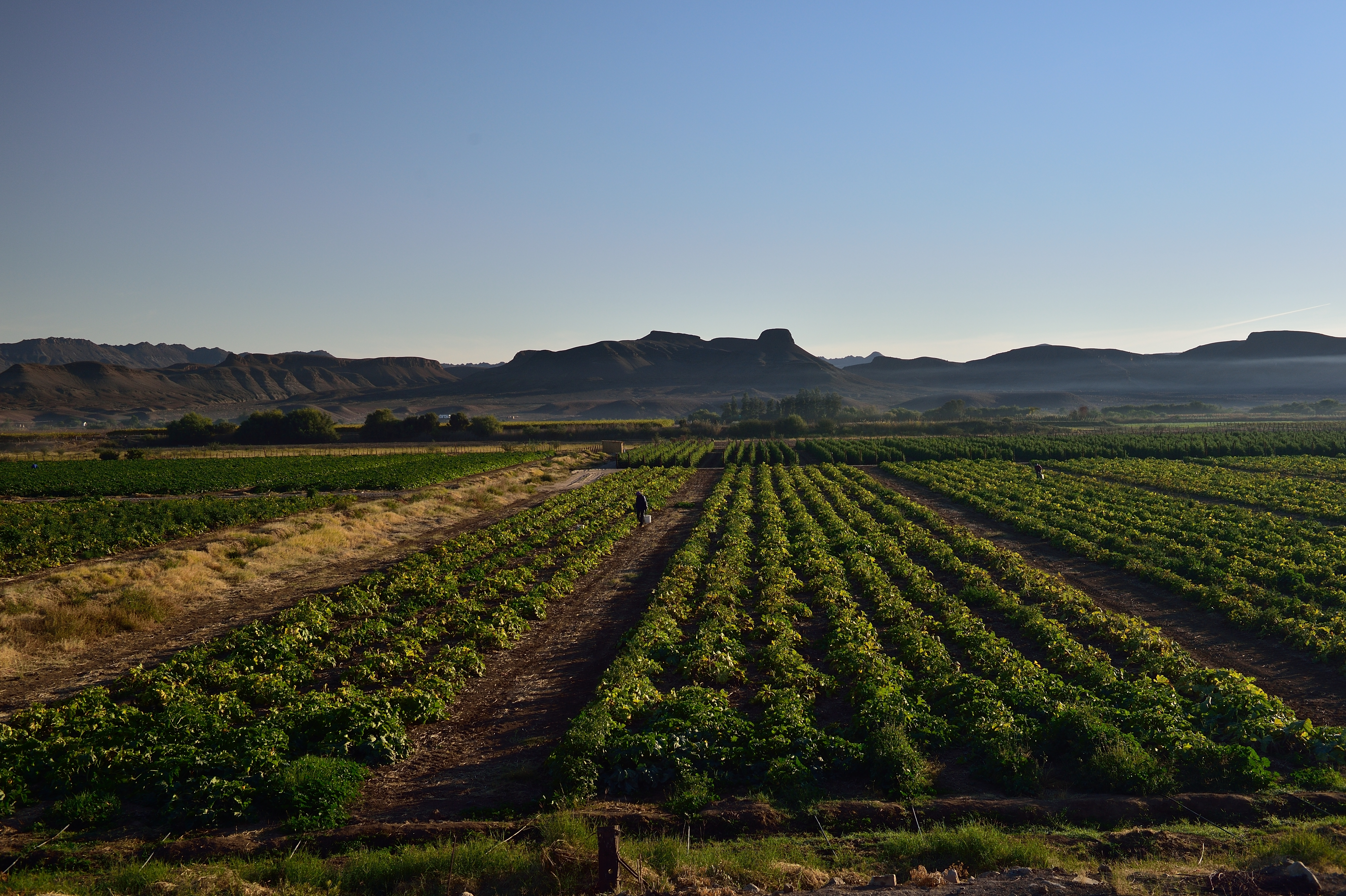
Building capacity in cross‐disciplinary research in soil physics, shallow geophysics, hydrogeology and environmental statistics in Malawi, Zambia and Zimbabwe
Project Overview
On this GCRF funded initiative, under their ‘Growing Research Capability’ call, The Capacity Research Unit (CRU) is working in partnership with:
• NERC British Geological Survey
• University of Nottingham
• University of Zimbabwe
• The University of Zambia
• Government of Zambia
• University of Malawi
• Bunda College of Agriculture
• Africa Groundwater Network (AGW‐Net)
The project will undertake learning‐centred demonstration trials at established agricultural experiments in Zambia, Zimbabwe and Malawi to build capacity for cross disciplinary research in soil physics, shallow geophysics, hydrogeology and environmental statistics. This will enable partner countries to evaluate the impacts of conservation agriculture practices on the resilience of food production and water security under climate change.
Such improved research capacity will empower the African research organizations in this network to deliver understanding of how conservation agriculture, and other similar agronomic practices, can improve the sustainability of smallholder production in central Africa, particularly in the face of increasingly frequent El Niño seasons, and so improve the food security and economic status of rural households.
The programme runs from October 2017 until December 2021. CRU’s role aims to generate evidence about how to effectively strengthen capacity in Africa for multi‐disciplinary research to address challenges related to water and agriculture. We will work with partner institutions to determine their strengths and gaps in research capacity and help them to develop and implement an action plan to sustainably address these gaps. The research will also determine generic and topic‐specific benefits of, and enablers and barriers for, achieving RCS objectives from the perspectives of African and UK partners.
Project Outcomes
The research will allow government policies and agricultural extension programmes to be better informed about the potential of conservation agriculture practices to deliver greater resilience of rain‐fed production and to contribute to water security more broadly. Ultimately, the project aims to benefit the 15 million food insecure people across the southern African region and elsewhere on the continent.
This work was funded by the RCUK Global Challenges Research Fund and was carried out as part of a collaborative project of the British Geological Survey, University of Zimbabwe, Lilongwe University of Agriculture and Natural Resources; University of Zambia, Liverpool School of Tropical Medicine, Rothamsted Research and the University of Nottingham.
For more information email Lorelei.silvester@lstmed.ac.uk